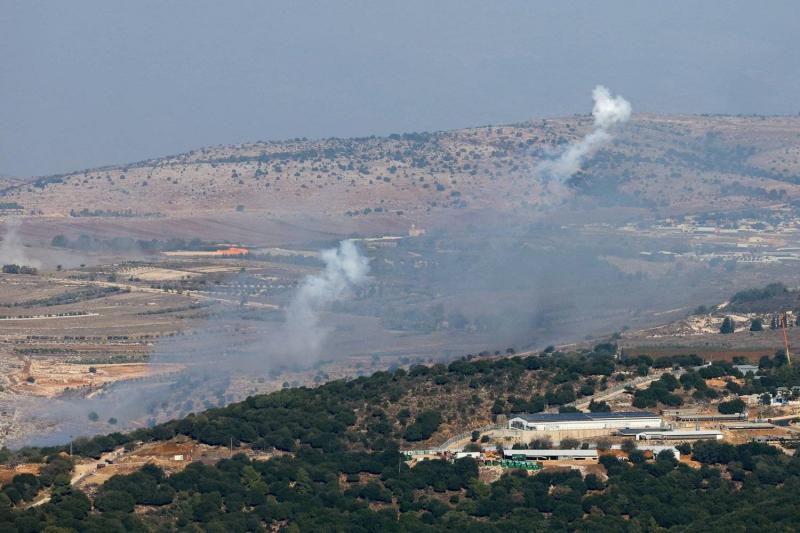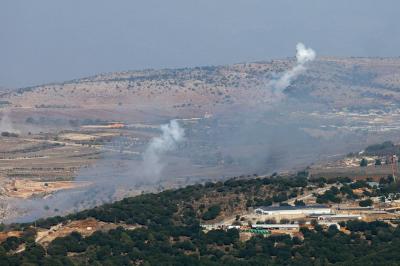If the "cyber piracy operation" at Rafic Hariri International Airport on Sunday night has increased suspicions and fears regarding "preparatory hints" of an Israeli war plan against Lebanon, even though no evidence or clues have yet emerged revealing the party behind the breach, the ongoing field realities "on the ground" in the southern area and beyond have heightened these concerns amid the escalation witnessed in confrontations in recent days, particularly with Israel's targeting of a senior military official in "Hezbollah" yesterday in retaliation for the party's attack on the Miron air surveillance base on Friday. However, what is striking in this scene is the noticeable rise in discussions about a diplomatic solution to the crisis amid the countdown to a potential large-scale war explosion. This path, parallel to the military escalation, must be vigorously focused on in light of the feverish diplomatic activity in the region, significantly driven by the United States, coupled with various European contributions, as exemplified by the current tour of U.S. Secretary of State Antony Blinken in the region. Blinken himself summarized this path by stating that it is not in the interest of Lebanon or Israel or "Hezbollah" to escalate the conflict.
As this movement intensifies, reflecting the race between diplomacy and military confrontations in Gaza and southern Lebanon, "An-Nahar" learned that the newly appointed U.S. Ambassador to Lebanon, Lisa Johnson, will arrive in Beirut this Thursday to begin her new mission. Following her arrival, U.S. Special Presidential Advisor for Energy Amos Hochstein will quickly return to Beirut to resume the significant mission that he started in Tel Aviv days ago, aimed at preventing the extensive war confrontation from spreading from Gaza to Lebanon.
What clearly exemplified this "fateful" race between diplomacy and war was the statement made by caretaker Prime Minister Najib Mikati yesterday about the outlines of the proposed Lebanese solution, as well as his receiving an "offer" of a solution, while confirming Hochstein's return this week. Mikati stated in an interview with Al-Hurra channel: "We are working on a diplomatic solution for the situation in the south, perhaps its implementation will be linked to stopping the aggression on Gaza." He emphasized the need to revive and implement the armistice agreement and return the situation in the south to what it was before 1967, as well as the return of the Shebaa Farms, which were previously under Lebanese sovereignty before being gradually occupied, and to revert to the previous withdrawal line according to the armistice agreement. He revealed that U.S. advisor Amos Hochstein will visit Beirut this week, "and we will discuss all these issues with him." He mentioned, "We have informed everyone of our readiness to enter negotiations to achieve long-term stability in southern Lebanon and at the northern borders of the occupied Palestine, and to commit to international resolutions and the armistice agreement and Resolution 1701." He disclosed, "We received an offer to withdraw to north of the Litani River, but we emphasize a comprehensive solution, including addressing the issue related to Hezbollah's weapons."
It was not lost on anyone that discussions of negotiations are bound to raise questions and doubts, as expressed by the head of the Lebanese Forces party, Samir Geagea, who stated yesterday: "The presidency of the Republic of Lebanon will not replace someone lost in current regional negotiations. The presidency is a very important matter in Lebanon and stands on its own."




